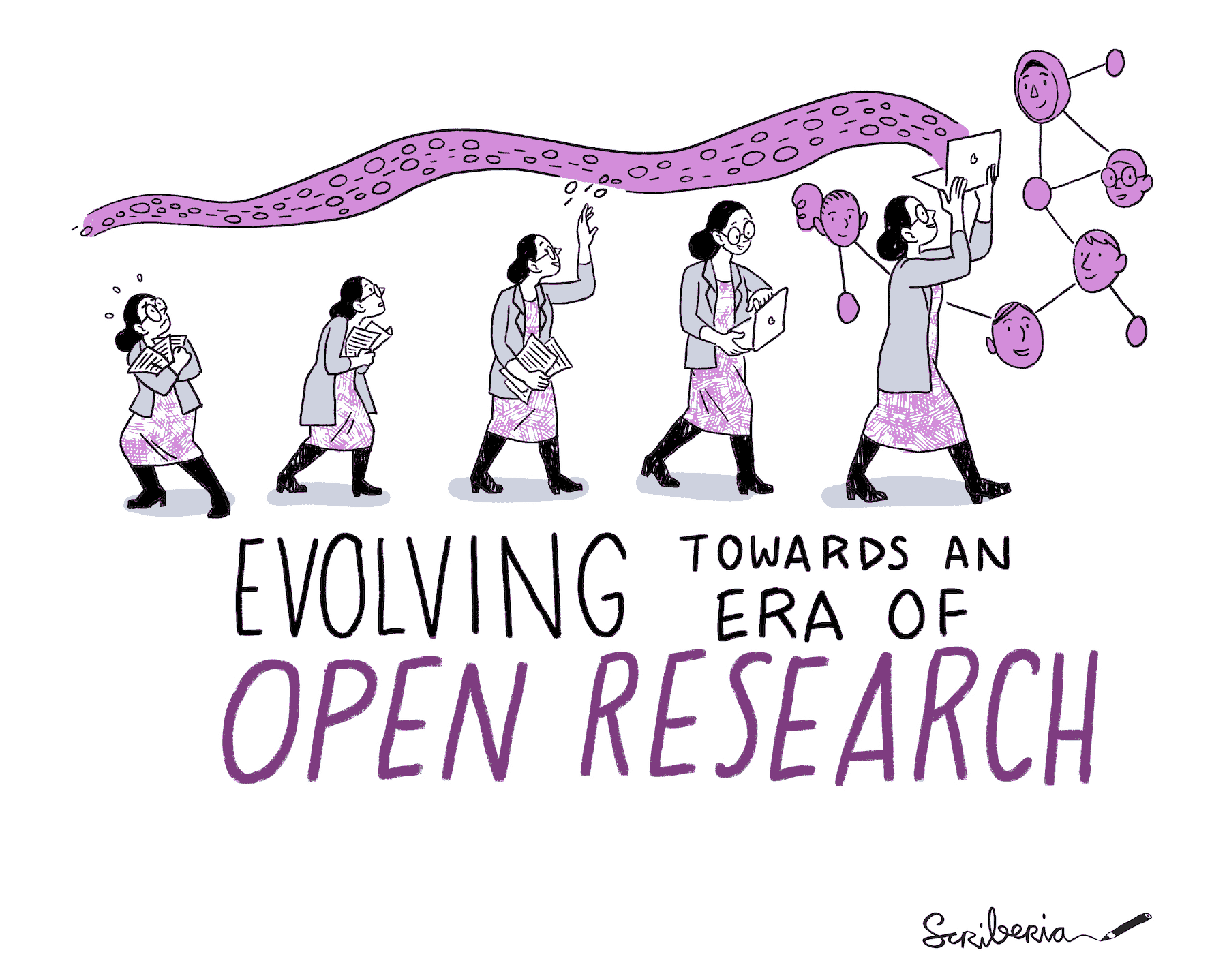
Figure 1:The Turing Way project illustration by Scriberia. Used under a CC-BY 4.0 licence. DOI: The Turing Way Community & Scriberia (2024).
Prerequisites¶
No previous knowledge is needed. Related information to Open Scholarship can be found in the Open Research chapter, that also has a more detailed summary of the importance and motivation behind Open Scholarship.
Summary¶
Open research and its subcomponents fit under the umbrella of a broader concept - open scholarship [def]. Open scholarship aims to transform research by making it more reproducible, transparent, reusable, collaborative, accountable, and accessible to society. This chapter aims to give a brief overview of the multiple aspects of open scholarship.
Motivation¶
Open Scholarship increases the impact of research as it reaches a wider audience, facilitates participation and collaboration in research and advances knowledge more effectively.
- The Turing Way Community, & Scriberia. (2024). Illustrations from The Turing Way: Shared under CC-BY 4.0 for reuse. Zenodo. 10.5281/ZENODO.3332807